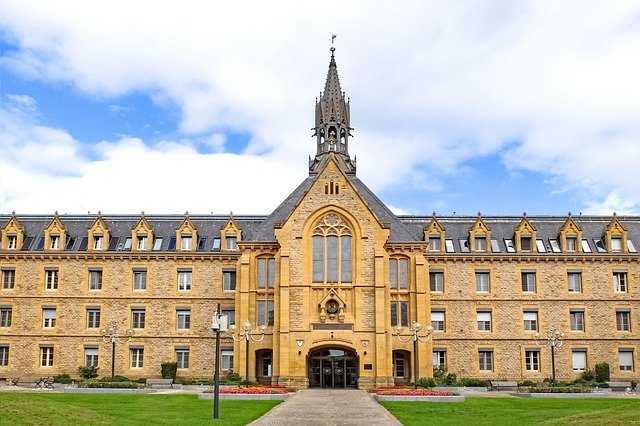Hampton County, South Carolina, enhances protection for vulnerable seniors by reviewing and improving its Elder Sexual Assault Response Protocol. The meeting brought together legal experts from top elderly sexual assault law firms SC to streamline procedures, enhance inter-agency coordination, and ensure swift support for victims. By adhering to stringent state laws, the county aims to deter abuse, intervene promptly, and support recovery for its elder population.
In Hampton County, a dedicated team convened for a crucial review meeting focusing on the county’s Elder Sexual Assault Response Protocol. This gathering aimed to strengthen protections for vulnerable elders facing a sensitive issue often shrouded in silence—sexual abuse. The article delves into the protocol review process, explores South Carolina laws safeguarding elderly victims, and highlights the collaborative efforts of law firms in supporting justice for those affected by this heinous crime. By examining these aspects, we shed light on the comprehensive approach to combat elderly sexual assault.
Reviewing Hampton County's Elder Sexual Assault Response Protocol

In a significant step towards enhancing protection for vulnerable seniors, Hampton County recently convened a review meeting to assess its Elder Sexual Assault Response Protocol. This initiative underscores the growing recognition within South Carolina’s legal landscape that elderly sexual assault is a critical issue demanding immediate and effective responses. The protocol review aims to streamline processes, improve coordination among agencies, and ensure that victims of elder sexual abuse receive prompt and compassionate support from law enforcement, healthcare providers, and social services.
Attended by key stakeholders including legal professionals specializing in elderly sexual assault cases at top SC law firms, the meeting delved into various aspects of the protocol. Discussion points focused on identifying gaps, enhancing communication channels, and integrating best practices that can deter abuse, intervene swiftly, and support recovery for Hampton County’s elder population. The collective efforts signal a commitment to not only adhere to elderly sexual assault laws in SC but also to set a benchmark for other communities to follow.
Understanding SC Laws Protecting Elderly Victims

In South Carolina, understanding and adhering to state laws protecting elderly victims of sexual assault is paramount for any response protocol. The Palmetto State has stringent regulations in place to safeguard the vulnerable population, often requiring specialized legal assistance from elder sexual assault law firms SC. These laws not only outline reporting procedures but also ensure victims receive proper support and justice.
Elderly sexual assault cases are complex, necessitating a thorough understanding of legal protections. South Carolina’s legislation aims to foster an environment where elderly individuals feel safe and empowered to come forward. By reviewing the state’s protocols, meeting attendees gain valuable insights into how to better serve and advocate for these victims, leveraging the expertise of local law firms specializing in elder sexual assault cases.
Collaboration: Law Firms' Role in Support and Justice

In the context of Hampton County’s Elder Sexual Assault Response Protocol Review Meeting, collaboration among various entities is paramount to ensuring justice and support for victims. Law firms in South Carolina play a crucial role in this ecosystem by providing legal expertise tailored to the unique needs of elderly sexual assault cases. These professionals not only offer advice on complex legal matters but also help navigate the often emotionally charged and sensitive nature of such cases, ensuring victims’ rights are protected.
By collaborating with local authorities, non-profit organizations, and healthcare providers, elderly sexual assault law firms in SC enhance the county’s response protocol. They contribute to public awareness campaigns, participate in policy discussions, and offer pro bono services to make legal assistance more accessible. This multifaceted approach fosters a supportive environment, promoting healing for survivors while striving for justice against perpetrators.





